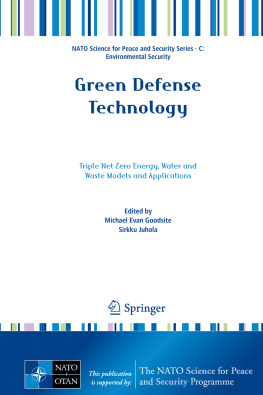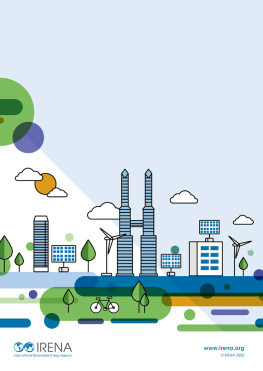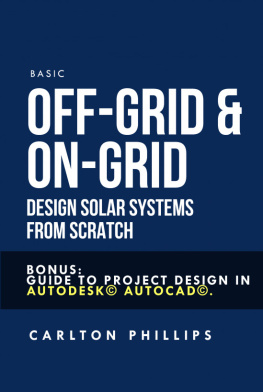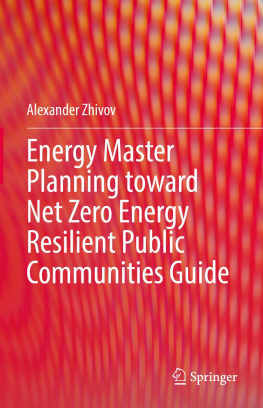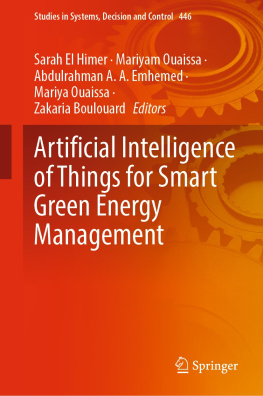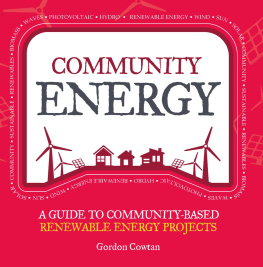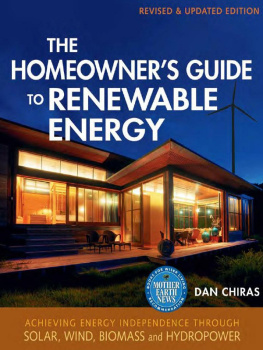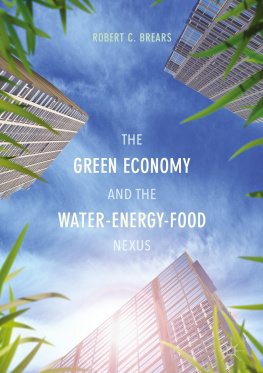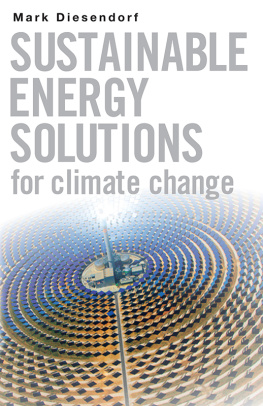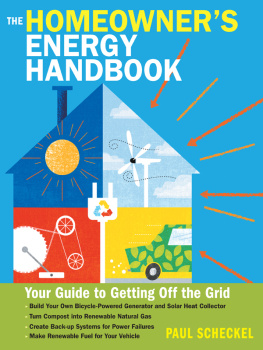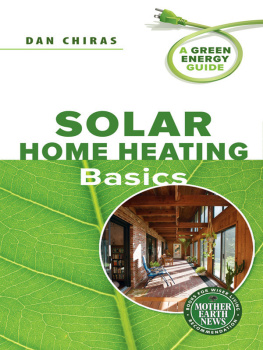1. Introduction
This book stems from a collaboration and collective learning between the military and the civilian world in order to facilitate discussion of the current state of triple net zero and long-term and sustainable energy strategies. It is widely recognized that implementation of policies to benefit environmental sustainability, energy security, and preparedness at both military installations and small cities are imperative, since energy is intricately linked to the entire set of net zero goals and vision. Here the focus is especially on learning from best practices across these two domains.
The term Triple Net Zero is defined as the combination of net zero energy, plus net zero water and net zero waste, where under US installation doctrine: a Net Zero Energy Installation (NZEI) is an installation that produces as much energy on site as it uses, over the course of a year; A Net Zero water installation limits the consumption of freshwater resources and returns water back to the same watershed so not to deplete the groundwater and surface water resources of that region in quantity and quality over the course of a year; and a Net Zero waste installation is an installation that reduces, reuses, and recovers waste streams, converting them to resource values with zero landfill over the course of a year.
Within the US Army, Triple Net Zero is implanted as a hierarchy with reduction as the foundation and disposal at the bottom of the hierarchy. The US Department of Defense (DoD) and the National Renewable Energy Laboratory (NREL) have been conducting seminal activities and research regarding triple net zero installations. Moreover, the US army was the first department within the federal government to use the Global Reporting Initiative (GRI) framework to report their sustainability efforts. The correlation between Triple Net Zero and operational benefits are currently being visualized by militaries globally. The US Army Net Zero vision, the progress toward that vision for 2012 (US ARMY 2012 net zero progress report), and the US Army Corps of Engineers ERDC Construction Engineering Laboratory (CERL) CASI program 2013 work plan all demonstrate that this NATO Advanced Research Workshop (ARW) is timely and needed for the exchange of the information because three years after publication of the planning and assessment guide, and as noted in the progress report, actual cases and experience with implementation of triple net zero is limited.
This book focuses on the ways in which military installations and small cities can implement and integrate triple net planning and energy, water, and waste sustainability strategies into broad installation operational management, arrive at the best decision, create policy and communicate effectively to stakeholders. Current and emerging technologies, methods, and frameworks for energy conservation, efficiency, and renewable energy are explored within the context of triple net zero implementation practice.
This book is based on a workshop titled Triple Net Zero Energy Water And Waste Models And Applications held in Snderborg, Denmark in February 2015. The ARW was organised in six working groups that addressed different aspects of designing and implementing triple net zero solutions in both civilian and military installations. On the final day of the ARW, the working group leaders presented their summaries of their group action, which is summarised below. The book is divided into three sections- one dealing with energy, one with water and waste, and one with planning, policy and dialogue.
The first section of this book focuses on Net Zero Carbon & Energy together. The contributions in this section bring forward zero carbon and energy solutions based on a multidisciplinary approach. The main issues that come forward from these contributions is that despite large technical progress in the building sector, the primary energy use of communities in general is not decreasing. Nevertheless, there are examples of cities demonstrating successful climate change policies but they are few in number. To achieve the given political targets of reducing fossil energy consumption, it is necessary to improve this situation. The ways in which these can be achieved will be discussed in more detail in the chapters.
The second section of this book addresses the issue of Net Zero Water (NZW) and Net Zero Waste. The focus in the first chapter in this section in relation to water in triple net zero installations is to reduce the use of and increasing the re-use of water in both civilian and military facilities. In order to do that, the contributions in this volume conclude that there is a need to perform water balance assessment in order to implement a zero approach in practice. This includes understanding water end-use and taking stock of leaks/losses. It is also necessary to address the full spectrum of water types and sources and uses and emphasizes value chain and mission as a focus of NZW. This kind of approach also requires the integration of both technology and behavior solutions, considering readiness of community that the solutions is being implemented at. In order to create a NZW roadmap one should build in measurable and comparable benchmarks and performance measures tied to resources and timeline and also to educate community to operate and maintain technology, elicit stakeholder feedback for long-term success.
The second chapter in this section focuses on the Net Zero Waste, which is the third aspect of the triple net zero approach. When it comes to waste, there is a need to rethink old patterns of behavior and also to realize the new ways that technology can be exploited here. Firstly, efficiency must continue as a priority for new buildings, renovations, and infrastructure in order to counteract the exacerbation of these problems in the future. There should also be an acknowledgement of the linkage between water use, waste handling patterns, and energy efficiency. These should not be done in isolation. Second, re-use must be addressed at installation and regional levels in order to take advantage of the economies of scale. Third, the construction and operation and management must be coordinated in order to make sure guidelines are in order. Finally, Master Plans must establish system-scale strategies that inform building-specific actions and purchasing must align with resource recovery.

